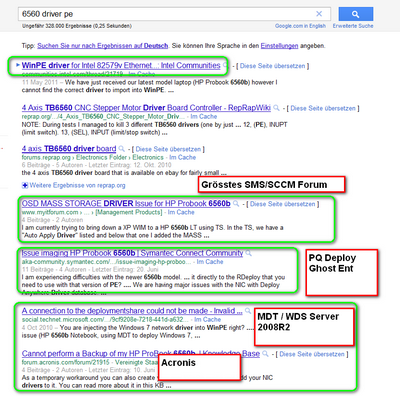Overcoming HP 6560 OS-Deployment Challenges: Navigating the New Era of Drivers
In the fast-evolving landscape of OS deployments, the HP 6560 has emerged as a formidable challenge, causing major setbacks for many IT enthusiasts. A quick Google search reveals that what worked seamlessly just a few months ago is now met with roadblocks, especially with the introduction of new hardware and updated network interface card (NIC) and mass storage drivers.
The real issue surfaces when individuals, not well-versed in the intricacies of OS deployment, attempt to tackle the process independently. The once-perceived simplicity of OS deployment has taken a hit, leaving regular users grappling with unforeseen problems. The HP 5660, in particular, seems to be susceptible to failures, necessitating the integration of NIC and mass storage drivers into the Preboot Execution Environment (PE) and potentially into the silent setup of Windows XP SP3 for those still clinging to the aging Windows version.
Even the seemingly robust Windows 7 encounters challenges with Remote Installation Services (RIS), prompting a return to the basics. In such scenarios, organizations find themselves compelled to invest in the expertise of deployment professionals, realizing the significance of experience and proficiency in tackling the evolving landscape of OS deployments.
The following deployment systems are being revisited and considered as viable solutions to overcome these hurdles:
– **WDS Windows Deployment**
– **SCCM/SMS**
– **Acronis**
– **Symantec Ghost and Deployment Suites like Altiris**
In conclusion, the complexities introduced by the HP 6560 and its ilk emphasize the need for a strategic and knowledgeable approach to OS deployment. As we navigate through the challenges posed by new hardware and drivers, the role of experienced deployment professionals becomes more crucial than ever. It’s a return to the roots of reliable deployment systems and a realization that, in the world of OS deployments, expertise is the ultimate key to success.



 Click on the Category button to get more articles regarding that product.
Click on the Category button to get more articles regarding that product.